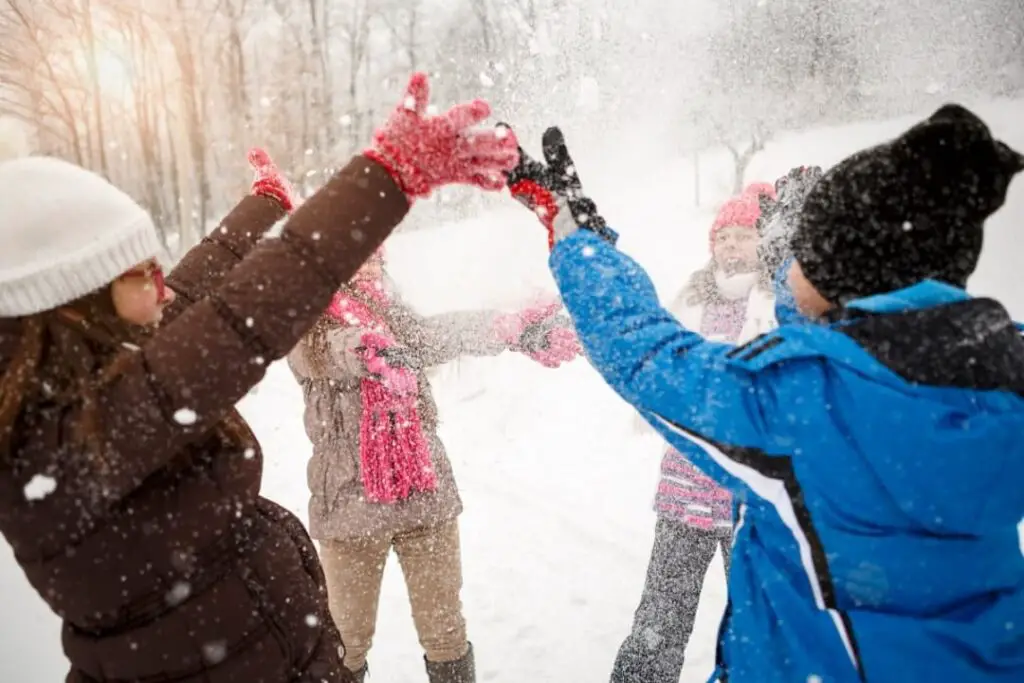In today’s academic environment, striking the right balance between educational rigor and recreational activities during school holidays can be a challenge. Educators and parents alike grapple with the dilemma of holiday homework that supports academic progress without detrailing the much-needed break students anticipate. This article explores innovative holiday homework designs that align with educational objectives while injecting fun and creativity into students’ learning experiences.
Understanding the Need for Balanced Holiday Homework
The concept of holiday homework often evokes mixed feelings among students. On one hand, it serves as a critical tool for reinforcement of learning; on the other, it risks overwhelming students, turning their break into a period of stress rather than relaxation. Therefore, designing holiday homework that fosters both educational value and enjoyment is crucial.
Integrating Subject Learning with Creative Projects
One effective approach is to integrate traditional subject matter with creative projects. For instance, instead of standard book reports, students could create a multimedia presentation, a short film, or a comic strip about the book they read. This method not only reinforces comprehension skills but also allows students to explore their artistic talents, making the learning process both informative and engaging.
Incorporating Technology into Learning
Utilizing technology can dramatically enhance the holiday homework experience. Educational apps and online platforms offer interactive learning experiences that are both fun and educational. Tasks such as coding a simple game, participating in virtual science experiments, or contributing to online forums can provide hands-on learning that is both significant and enjoyable.
Encouraging Real-World Learning Experiences
Real-world applications of classroom knowledge can significantly enhance the value of holiday homework. Assignments that encourage students to visit museums, parks, or businesses related to their studies help them connect with the material on a deeper level. For example, a history assignment could be paired with a visit to a historical site, allowing students to better understand the subject matter and its relevance to the present.
Fostering Collaboration and Social Interaction
Projects that require collaboration among students can also be beneficial. Group projects foster skills such as teamwork, leadership, and problem-solving. These projects could be managed through online platforms, where students can plan, execute, and present their work, which not only enhances their learning but also helps maintain social interaction during the holidays.
Customizing Assignments to Cater to Individual Interests
Tailoring assignments to individual student interests can greatly increase engagement and motivation. For instance, a student interested in astronomy could be tasked with creating a model of the solar system, while a student interested in literature could write a short story or a poem. This personalized approach helps students explore their passions while learning, making the homework task more appealing and less of a chore.
Promoting Practical Skills Through Task-Based Assignments
Incorporating practical skills into holiday homework can also be very effective. Assignments that involve cooking a recipe from a studied culture, designing a budget for a small project, or even organizing a community clean-up day teach practical life skills that are valuable beyond the classroom.
Conclusion
By reimagining holiday homework to encompass fun, creativity, and real-world relevance, educators can create assignments that not only sustain educational momentum but also enrich the student’s holiday experience. It’s about creating a balance that cultivates an educational environment conducive to both learning and personal growth during the holiday period.


